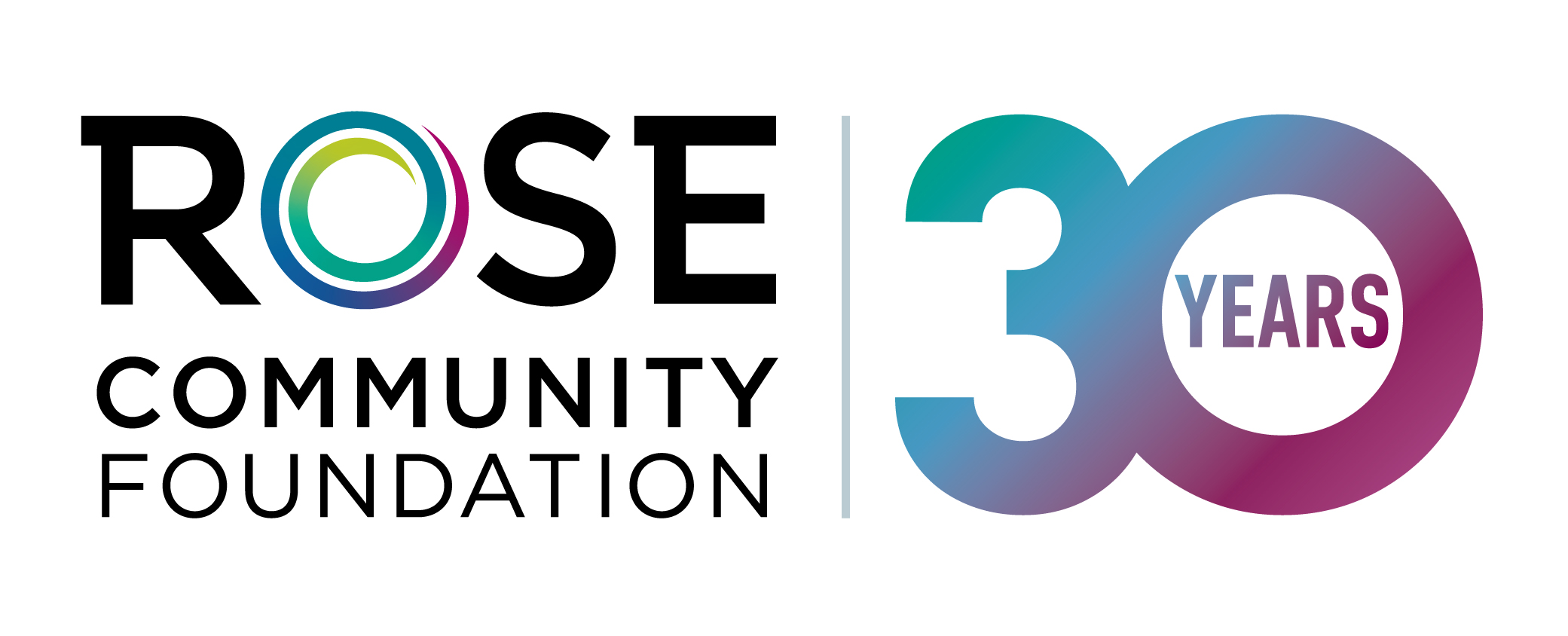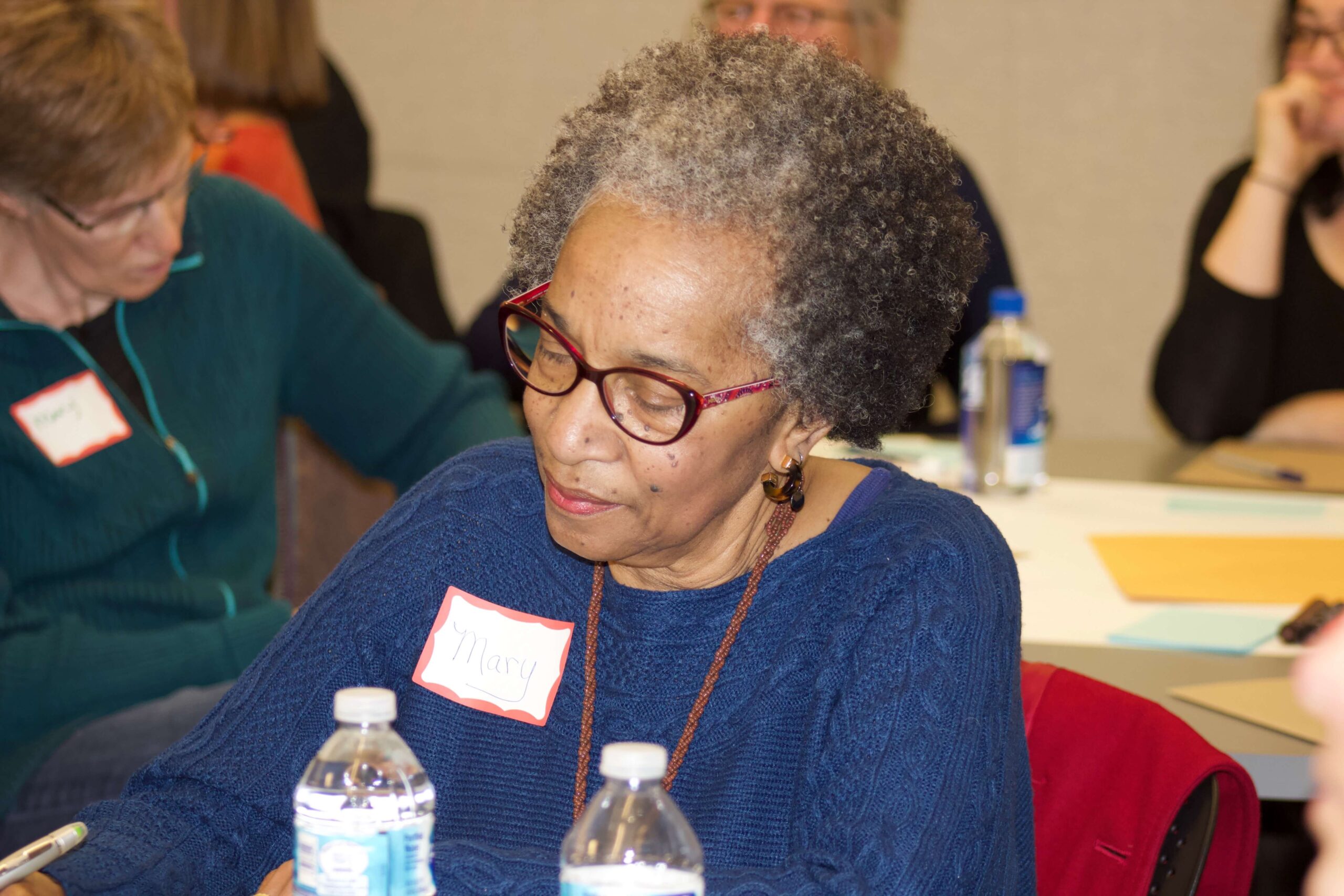On a Thursday evening in March, more than 50 people are packed into a local community meeting space in central Denver. They are all here for a sold-out training session on addressing ageism.
Janine Vanderburg, the event’s facilitator and initiative manager, starts off by asking, “how many of you have experienced ageism?” Every single hand goes up.
While the term, ageism, may be unknown to some, it is clearly familiar for those in the room. Ageism refers to prejudice and discrimination against people based on their age. The night’s training session is focused on ageism against older adults.
The training is hosted by Changing the Narrative, a new Rose Community Foundation initiative under the Foundation’s Aging focus area, in partnership with NextFifty Initiative. “The goal is to create a more inclusive and age-integrated Colorado by shifting perceptions about aging,” says Therese Ellery, Rose Community Foundation Senior Program Officer on Aging.
Research and tools from FrameWorks Institute are helping drive the initiative. FrameWorks’ research shows that most older people have experienced ageism and the general public has negative and false stereotypes about getting older. Perceptions that aging means decline and deterioration and that older people cannot learn new things are a few examples.
“These negative beliefs make it more difficult for older people to receive adequate health care, obtain employment or be involved in their communities. This in turn results in poor health outcomes, lower financial security and social isolation,” explains Ellery.
Working to change negative perceptions of aging
Changing the Narrative is about changing these negative perceptions by altering how we talk about aging. Use of the term ‘older individual’ versus ‘senior’ is one example. FrameWorks studied people’s associations with these and other terms used in aging-focused fields. It showed that people associated the term ‘senior’ with the least amount of competency; whereas the term ‘older adult’ was associated with the most competency.
“Simply using more neutral and inclusive terms such as ‘older people’ can make a real difference,” explains Vanderburg. “Changing the Narrative is about more than just getting people to eliminate obvious ageist language, but also helping them use specific kinds of messages that are proven to shift public perception.”
Framing ageism as a matter of confronting injustice is another example. “Right now we are marginalizing older people in many ways and minimizing their contributions. To live up to our values, we need to change this,” says Vanderburg.
Changing the Narrative is a multi-year initiative funded by Rose Community Foundation and NextFifty Initiative. The effort is part of a national movement and Colorado is the first state to create and implement a long term, local strategy, led by Rose Community Foundation.

